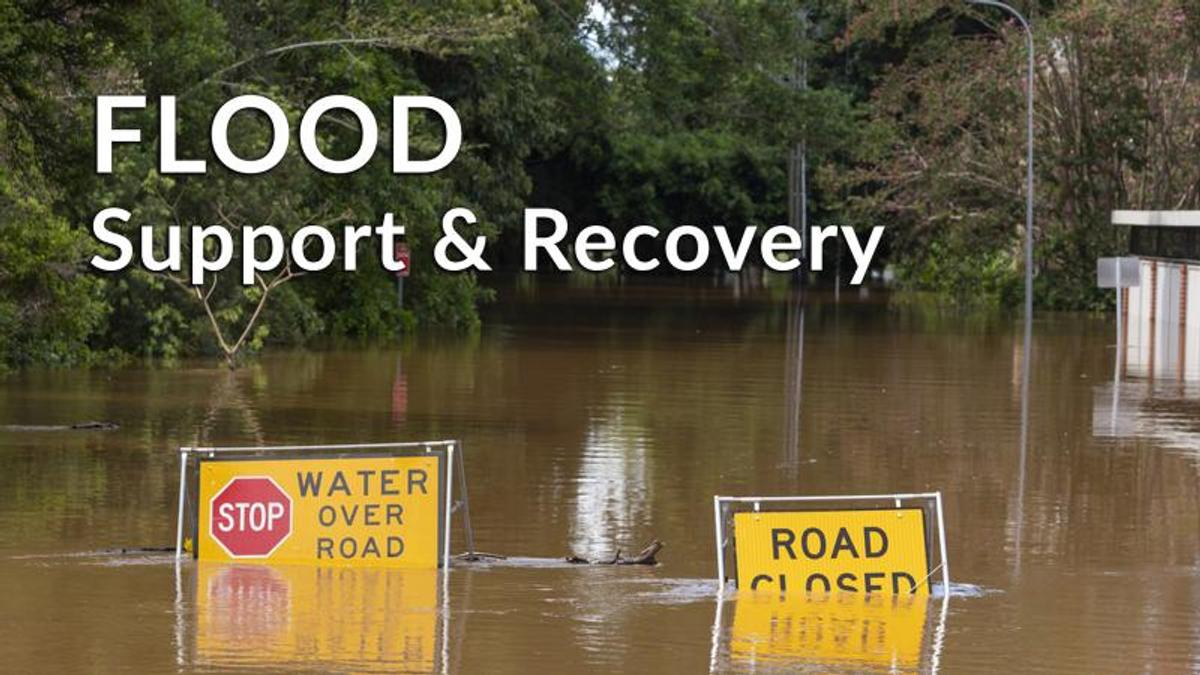Wellbeing

SPECIAL REPORT: Flood Support & Recovery
Communities and families around Australia have been touched by the recent floods. Many are still coming to terms with the loss of human life, damage to property, destruction of crops, and loss of pets and livestock. Others are rallying together to provide much-needed moral and financial support. As the clean-up continues, families are faced with the real presence of the disaster: repairing property, negotiating insurance claims, and juggling financial problems.
Being exposed to a natural disaster, either directly through lived experience or indirectly through the media, stirs up various feelings of sadness, depression, anxiety, and frustration. Learning to recognise these reactions and emotions as normal will help families better understand these feelings and become more comfortable and effective in coping with them. Supporting your child or teenager during this time is especially vital.
Talking and listening to them about the event can help them process their feelings. How well they will cope, or manage any trauma, will depend on specific risk factors in existence before, during and after the event.
Young people may exhibit or experience a wide range of emotional reactions, and in most cases, psychological symptoms of distress will settle down in the weeks following.
However, parents and caregivers need to remain vigilant in monitoring their children during this time and checking in with them regularly to reassure them that what they are feeling is considered normal.
Phoenix Australia is an organisation leading the way for individuals and communities to better understand, prevent and recover from the adverse mental health effects of trauma. It offers a number of useful resources to support those affected. These include fact sheets, booklets, a PTSD app and a short video on ‘Understanding Trauma’.
To access, click here.
There is also a webpage specifically dedicated to supporting those affected by extreme weather events such as floods. Phoenix Australia has developed a range of resources informed by best practice to support health practitioners, first responders and community members after such disasters.
To access these resources, click here.
The MacKillop Institute works with communities, schools and families across Australia to provide evidence-based programs and have developed a number of useful flood support resources for parents, educators and volunteers.
To access, click here.
One of the programs offered by The MacKillop Institute is called ‘Stormbirds’. The program creates a safe space for children and young people to practice new ways of thinking and responding to change and loss following natural disaster events.
To learn more about the program, click here. Or to download the pdf, click here.
eMHPrac (e-Mental Health in Practice) has also created a factsheet that provides a list of Australian, evidence-based, free, and low-cost digital mental health resources on preventing and managing mental health issues after a natural disaster.
To download the pdf, click here.
Alternatively, if your distress extends beyond 2-3 weeks, then there is a Mental Health Line available to residents in New South Wales and Queensland.
- In New South Wales, contact 1800 011 511

